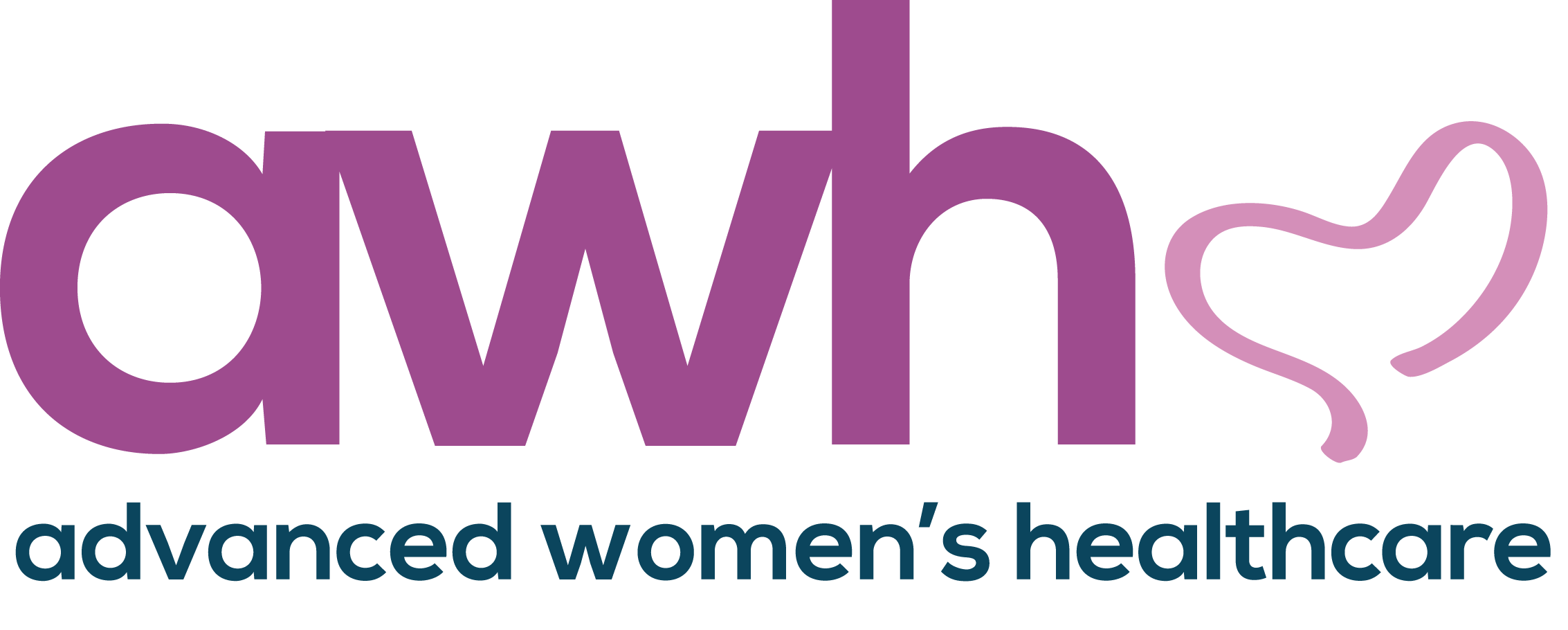Every year, it is becoming more important to make your well woman exam a priority. A lot of women may see this appointment as just a routine visit to get your annual refill on your contraceptive pills, but the truth is that this annual exam is a fundamental part of your health care and should be treated as a valuable component towards your overall health.
A well woman exam is dedicated time with your Ob/Gyn or Nurse Practitioner to focus on keeping you well – screenings, prevention, and education. If you feel like you have an issue or problem, you can certainly discuss it at your well woman exam. But, we strongly encourage you to schedule an appointment just for that when it arises. Don’t wait for your well-woman. Then, your provider can focus exclusively on the issue or problem and give it as much time as needed. Most offices hold a certain number of “sick” visits for existing patients. So, you can typically get an appointment quickly to address your concern. Well woman exams normally have a much longer wait time to get an appointment.
The purpose of your well woman visit is to allow your physician to discuss any potential health risks you may have and help you work towards maintaining a healthy lifestyle. Your vital signs and risk factors will be assessed, and any vaccines you may need can be administered at this appointment. These visits allow you to discuss birth control options that work best for you and your lifestyle, and on the contrary, they also give you the opportunity to discuss pre-conception planning with your doctor.
A key component of the well woman is your routine cervical screening. Cervical cancer screening, commonly known as a Pap test or Pap smear, tests for abnormal cells found in the cervix. The advances in this cervical screening technology have helped lower the incidence of cervical cancer by 50% over the past 30 years in the United States, according to The American Congress of Obstetricians and Gynecologists – ACOG. But the only way this technology proves beneficial is if it is used, which requires you to make the annual trip to see your Ob/Gyn for a screening.
- Women between the ages of 21 and 29 should have a Pap test done every 3 years.
- Women who are 30-65 years old should have the screening performed every 5 years, when combined with an HPV test.
- Women under the age of 21 or over the age of 65 do not need cervical screenings, unless the patient has a history of cervical changes.
For those patients who are at a low-risk for cervical cancer and on Medicare Part B, Medicare will cover 100% of the cost of one Pap smear every 2 years. For women who are high-risk or had an abnormal Pap test in the last 36 months and are also of childbearing age, Medicare Part B will cover one Pap smear every year. Patients with Medicare Part B do not have to pay for the Pap lab test fees, breast exams, or pelvic exams.
If you are enrolled in a PPO or HMO health insurance plan, your annual preventative well-woman exams are typically covered at 100% by your insurance company once a year if you see an In-Network doctor. Yearly Wellness visits are also covered 100% by Medicare Part B. However, if your preferred physician is out of your network’s coverage area, it is important to discuss self-pay options with your doctor’s office. Some physicians allow a discount (on eligible charges) for patients who pay out-of-pocket or patients who are uninsured. It is more important to self-pay for this exam than to skip it completely. Advanced Women’s Healthcare in Dallas offers competitive self-pay arrangements for our patients.
Be in tune with your body and how you feel between annual visits with your Ob/Gyn. Since you most likely only see them once a year, make mental or physical notes of changes or abnormalities you have noticed, and don’t hesitate to discuss them with your physician at the time of your appointment, if not sooner. Here’s a great resource from ACOG to make the most of your visit. If you have an issue or concern, be sure to schedule right away and don’t wait for your well woman exam.
Be mindful that it usually takes 2 months to get a well woman appointment with your Ob/Gyn, so set a reminder on your calendar, or schedule your exam year in advance when you have your next appointment.





